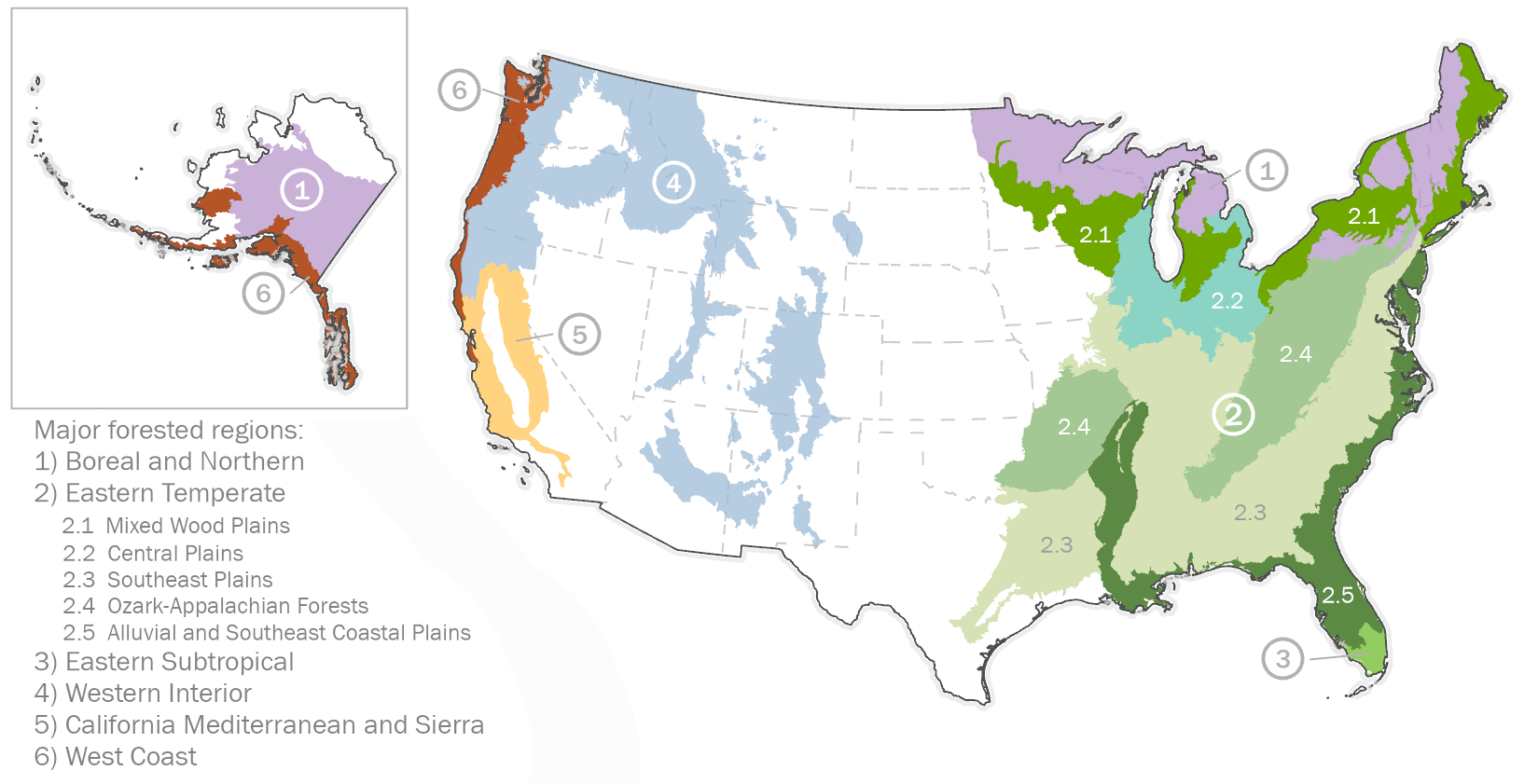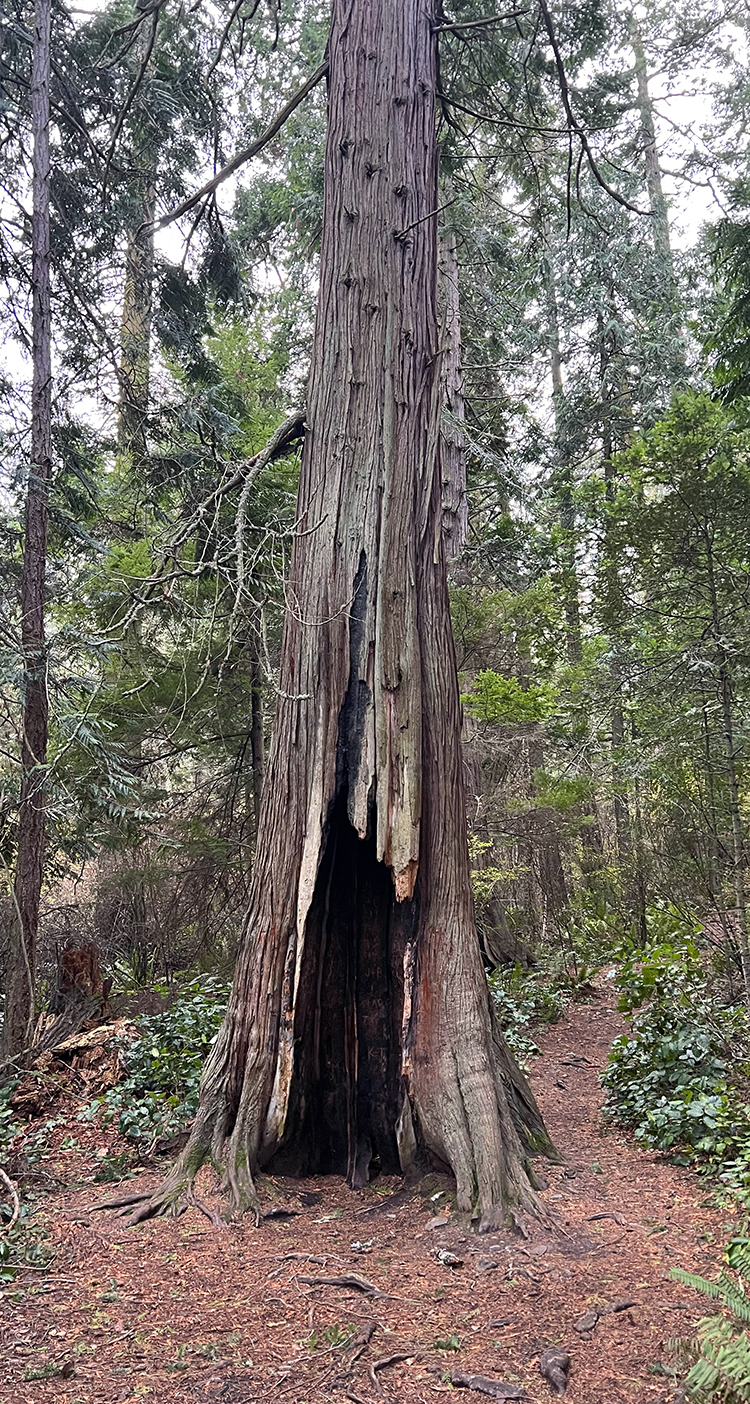Overview
Braiding Indigenous Knowledge and Western Science for Forest Landscape Adaptation to Climate Change: an Ecocultural State of Science Report
In response to climate change and steep trends in forest decline in some regions of the US, President Biden recently signed Executive Order 14072 (14072: Strengthening the Nation's Forests, Communities, and Local Economies), which calls for conserving and safeguarding old and mature forests. As part of the executive order, an unprecedented investment is being made to create an old and mature forest inventory and assessment of risks across federal lands within the United States. The executive order also called for an analysis of climate-smart management and conservation strategies. Additionally, President Biden has acknowledged that Indigenous Knowledge (IK) is a critically essential knowledge in developing solutions to the forest conservation and management issues we face today (OSTP CEQ Memorandum, 30 Nov, 2022).
To inform climate-smart management and conservation strategies, we are creating a compendium of the best-available Indigenous Knowledge and Western science about forest conservation and management. Our writing team intentionally partners Indigenous scientists and Western scientists, working together in a decolonized manner. Based on the geographic diversity of forests and the floral, faunal, and human communities that live within them, our state-of-science report will introduce shared understanding, strategies, and actionable examples of adaptive management across cultures, and then focus on the following major forested regions: northern boreal forests, eastern temperate forests, western interior forests, California Mediterranean and Sierran forests, and west coast forests.

This report, which is scheduled to be released in December 2023, will provide an initial compendium of knowledge that braids together Indigenous Knowledge and Western science to support future Tribal consultation and engagement that informs climate change adaptation. The report and peer-reviewed papers that stem from it will reflect the full cultural, geographic, and disciplinary depth and breadth of diversity of our writing team and will provide foundational material to inform future work on climate-smart adaptive management policies and practices. Our strength lies in our diversity, and in working together across cultures. The multiple lines of evidence and ecocultural ways of knowing incorporated in this project can and will lead to better-informed decision making about our nation’s forests.
Cristina Eisenberg, Associate Dean for Inclusive Excellence and Maybelle Clark Macdonald Director of Tribal Initiatives in Natural Resources at Oregon State University, and Susan Prichard, fire ecologist at University of Washington, are co-leading the synthesis. Our core writing team includes leading experts across Tribal Nations, the United States, and Canada.
